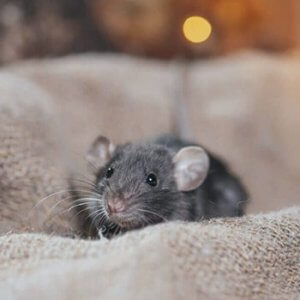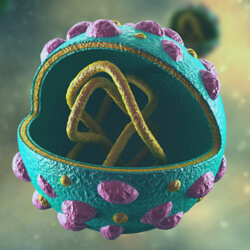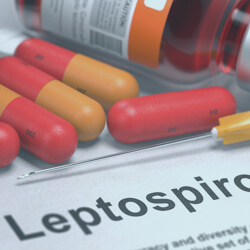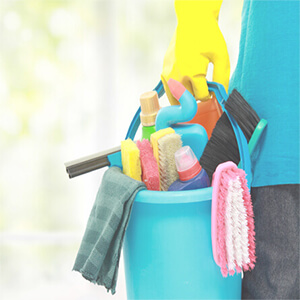If you rent your home or business premises in Los Angeles, Orange, San Bernardino, Riverside or Ventura counties, you may wonder who bears responsibility for rodent droppings cleanup in a leased unit. In brief, in all of these California counties, there are situations in which the landlord bears responsibility for cleanup and there are circumstances when the duty rests on the shoulders of the tenant.
In California, an implied warranty of habitability exists in a residential rental situation. What this means is that a landlord must ensure that a rented residence is in a livable condition.
A pest infestation, including a rodent infestation (and associated droppings), represents a situation in which warranty of habitability may be violated. For example, if rodents enter into the premises through no fault of the tenant, the landlord is responsible for remediating the situation. This includes bearing the costs associated with eliminating the rodents from the property as well as for rodent droppings cleanup.
If a mouse or rat infestation can be connected to the conduct of the tenant, the tenant bears the financial burden to remedy the situation. For example, if the tenant doesn’t properly clean the premises, attracting mice or rats, the tenant is responsible for addressing the issue from a financial standpoint. This means that the tenant foots the bill for eliminating the rodents and for cleaning up rodent droppings as well.
In many cases, in order to protect the property, a landlord will make arrangements for professionals to eradicate the rodent infestation and to the cleanup of droppings. (Typically, these will be two different specialists.) The landlord can lawfully hold the tenant responsible for reimbursing the costs associated with this professional assistance.
If you are a tenant and have an issue with rodents and rodent droppings in your home or business, you need to advise your landlord in writing of the situation. You need to state that the rodent infestation and presence of rat droppings must be remediated or dealt with immediately.
Do not merely make a phone call or otherwise verbally make a request for action regarding rodent infestation and rodent droppings cleanup. You need to make sure that you maintain a verifiable record of communications with your landlord regarding these issues.


 There is work to be done in advance of the commencement of the rodent droppings cleanup process itself. Before the cleanup process begins, you must make certain that you’ve fully eliminated rodents from your property. You also need to appropriately fortify your property to ensure that rats or mice (or both) are unable to enter your home or business in the future.
There is work to be done in advance of the commencement of the rodent droppings cleanup process itself. Before the cleanup process begins, you must make certain that you’ve fully eliminated rodents from your property. You also need to appropriately fortify your property to ensure that rats or mice (or both) are unable to enter your home or business in the future.




